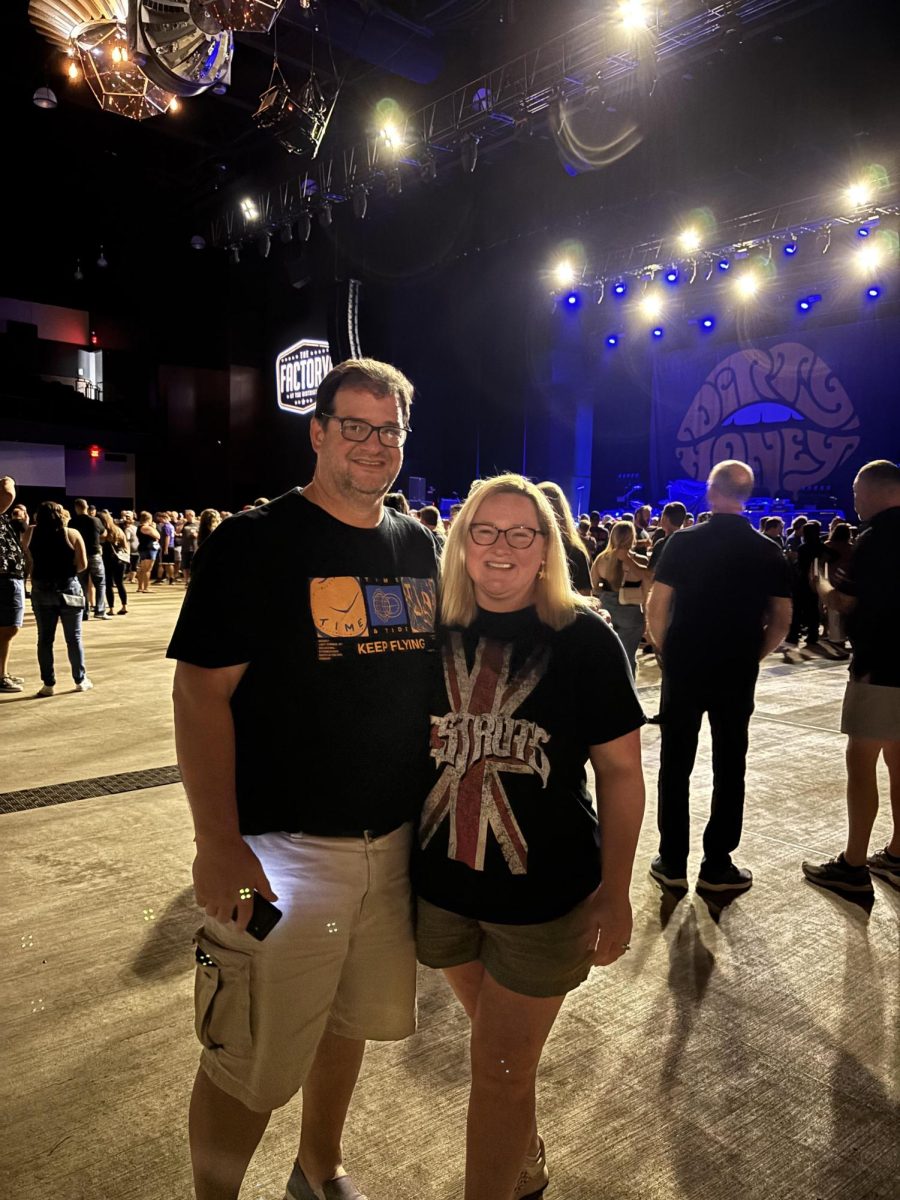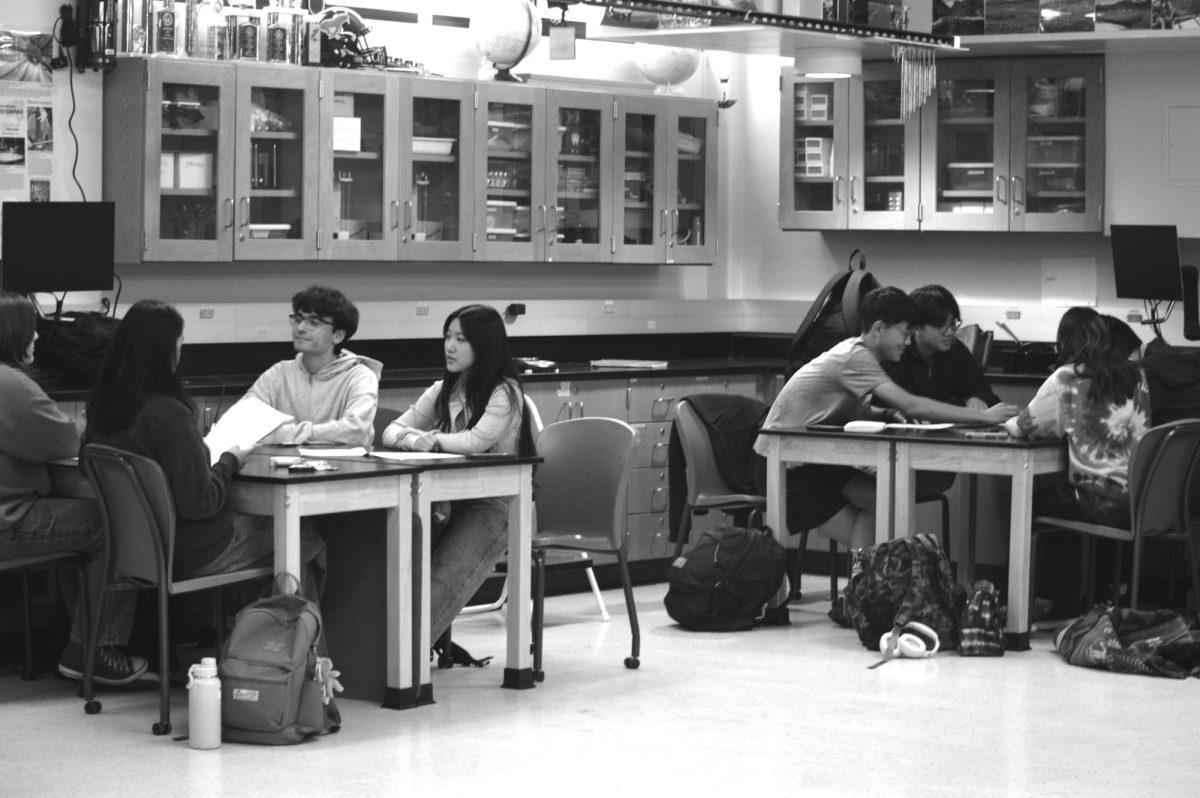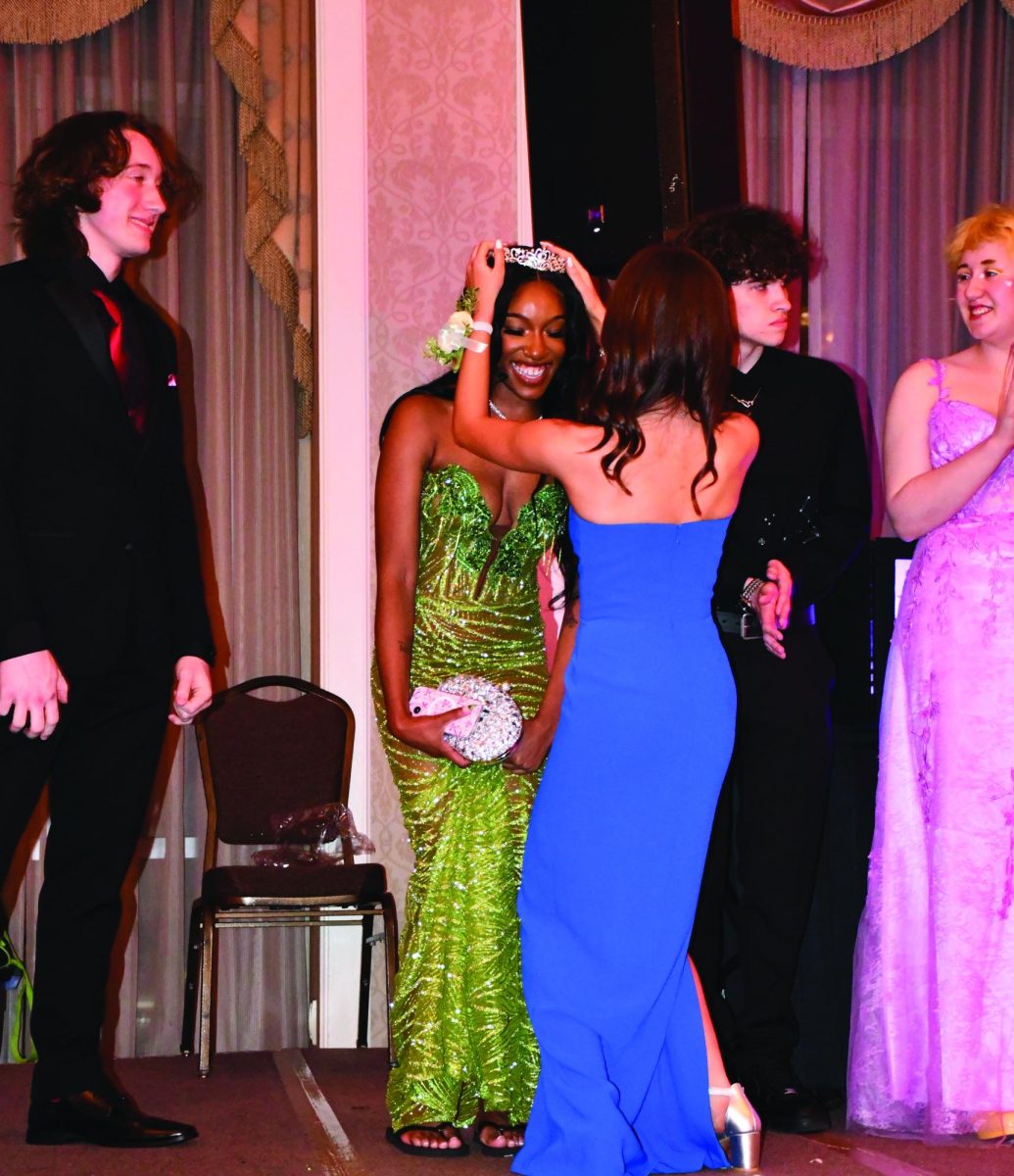
After the verdict deciding not to indict officer Darren Wilson, students aiming to voice their opinions took to social media to tell their followers how they felt.
“Twitter helped me voice my opinion because I think it’s hard to speak out about the issue,” sophomore Mya Petty said. “When you’re online, it’s more comfortable and it lets more people hear my opinion. I can’t go up to everyone and tell them how I feel, so it’s easier to use Twitter.”
Discussions between students on Twitter began leading up to St. Louis County’s Prosecuting Attorney Bob McCulloch’s announcement from the grand jury, which stated Wilson would not be tried in the court of law.
“I think I had a good discussion with some people, but with other people, they were just aggressive in the way that they were tweeting at me,” junior Simona Koverman said. “I was trying to be mature about it and just voice my opinion.”
The majority of the Twitter debates were held peacefully, but others went less smoothly.
“I understand that many people’s opinions aren’t the same as mine,” Petty said. “I don’t like when people voice their opinions and they’re disrespectful and they offend people.”
Twitter users replied to others with opposing opinions, sparking contested debate on the issue.
“I was looking at Twitter as an open discussion,” senior Jarrett Cox-Bradley said. “It was me sitting down having conversations with people. They felt what they felt about the situation, and I felt how I felt about the situation.”
Others look at these tweets differently, contesting that using social media isn’t the appropriate way to voice an opinion because it is difficult to express meaning with such few words.
“You have 140 characters to say something about an issue that’s worth so much more than 140 characters,” sophomore Miles Sanders said. “It’s just not worth all the trouble to get into fights and arguments on Twitter.”
The discussions on Twitter brought up the issue of how the students felt on the shooting of Michael Brown, but they developed into discussions of the people in Ferguson, issues of race and opinions of law enforcement.
“I can’t be mad at other people because everybody is entitled to their own opinion; it’s just sad that this is the world we live in,” Cox-Bradley said.
Although Chesterfield is about 20 miles from Ferguson, many students hold a greater connection than simply what they see on the news or online.
“I grew up in Ferguson, I go to Ferguson every weekend, my grandma lives there,” Cox-Bradley said. “It’s not what people make it out to be; honestly, it’s not the bad place you see on TV, it’s really not.”
Other students also have a strong relations to the events in Ferguson.
“My connection to Ferguson is that I live about 10 minutes away,” Petty said. “It does affect me in a way that it’s close to me in proximity. I also have family and friends that live there.”



